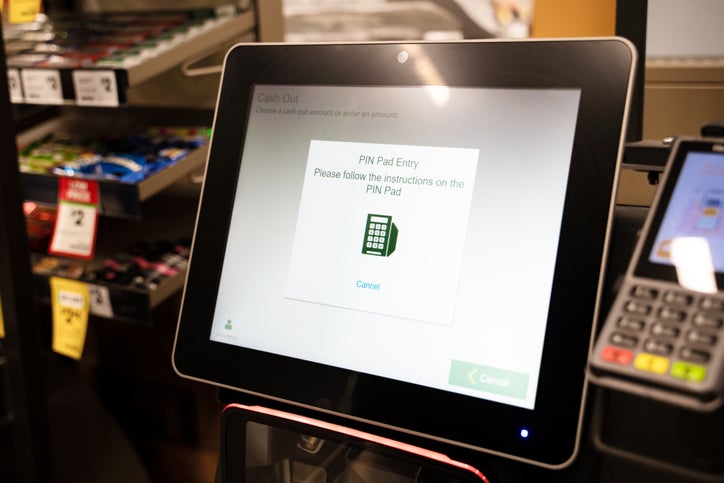Satellite company Inmarsat claims to have a global Internet of Things (IoT) network that could be a threat to traditional mobile carriers.
The network, if it’s stable, could provide a viable alternative to mobile providers that can be pretty costly for business that want to use the IoT.
However, the new network — as impressive as it is — is beyond the requirements of the average company, making the market quite niche.
According to GlobalData, only 10 percent of IoT deployments so far are global. Businesses have the option to choose from either cellular or satellite options and as the former is cheaper, it’s more popular. But it’s costly at scale.
The cost of connections is a major barrier to global projects and in the newer IoT space, mobile operators have been the go to route to market for global connections.
Inmarsat’s network will however use a less expensive technology known as a Low Power Wide Area Network.
How well do you really know your competitors?
Access the most comprehensive Company Profiles on the market, powered by GlobalData. Save hours of research. Gain competitive edge.

Thank you!
Your download email will arrive shortly
Not ready to buy yet? Download a free sample
We are confident about the unique quality of our Company Profiles. However, we want you to make the most beneficial decision for your business, so we offer a free sample that you can download by submitting the below form
By GlobalDataThe demand is clearly there and this is a much needed evolution for Inmarsat, which last year fell out of the FTSE 100 index of blue-chip companies.
On top of competition from bigger rivals, Inmarsat was forced to delay the rollout of newer satellites thanks issues with rockets, which added to its woes.
The erosion of its traditional market and tough competition from a glut of satellite broadband providers, twinned with reduced demand from satellite TV operators migrating to fibre, means Inmarsat is in dire need of a new potential market.
Inmarsat would also be able to offer IoT connectivity to enterprise clients that currently use mobile providers. If it can resurrect these relationships with large global companies Inmarsat can carve out the space to grow that it desperately needs.








Related Company Profiles
Inmarsat Group Holdings Ltd